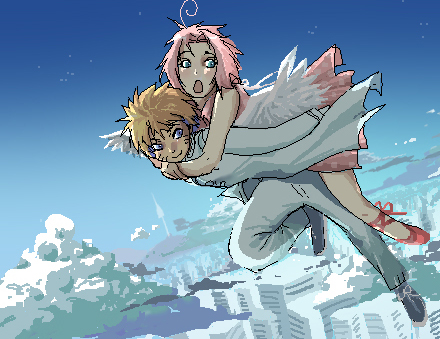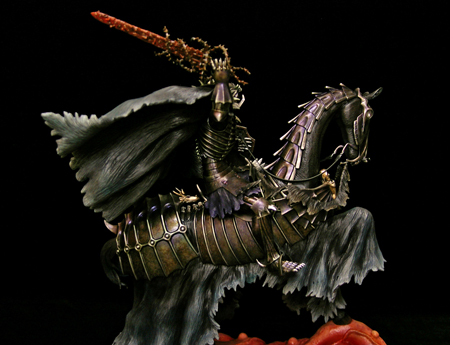It's safe that way. Translators get involved in a lot of fandom war without them knowing, so they try to make it vague as possible. If I, or 六道仙人 were in his position, we'd probably do the same.
For example, my translation regarding this scene could be taken advantage from a SS fan, they can post it on their tumblr or twitter or NF. If that happens, opposing forces(anti-SS) would brand me as a SS fan, and I will lose all credibility as a biased translator, even if I wasn't.
This is what apparently another translator said(don't know him, somebody posted in on NB's pairing thread)
"Pretty much. Viz probably went with the most neutral translation possible in order to avoid ‘assuming’ anything. Like I mentioned before, Sasuke simply says:
おかげで届いた
おかげで = thankfully/thanks to (…………..), 届いた = reached
Thankfully/thanks to (…………), (…………) reached (…………).
In Japanese, this sentence can actually stand on its own without the addition of anything else. Lovely language, Japanese, eh? In ENGLISH, however - like in many other languages - you can’t just say ‘Thanks to, reached’ and nothing else. You have to complete the sentence, otherwise it will be unreadable for an English audience. So:
Thankfully/thanks to (…………), (I) reached (here).
Most obvious additions, as it’s clear what Sasuke is talking about. And then:
Thankfully/thanks to (you/that/your vest), (I) reached (here).
Notice how every translator made a different addition to the thanks? That’s because there’s absolutely nothing before the thanks. What Sasuke is talking about is implied. Viz probably went with ‘that’ in order to be as ambiguous as possible, and thus keep the original absence of specifications. The only thing that can certainly be crossed out as something he was thankful for is the vest itself (I mean the vest as an object, not as a symbol), since it’s clear from his explanation that he didn’t need it at all. ![]()
Anyway, I see nothing wrong with their translation, as the symbolism speaks for itself. *shrugs*
(mezzomarinaio)"



 This topic is locked
This topic is locked



























